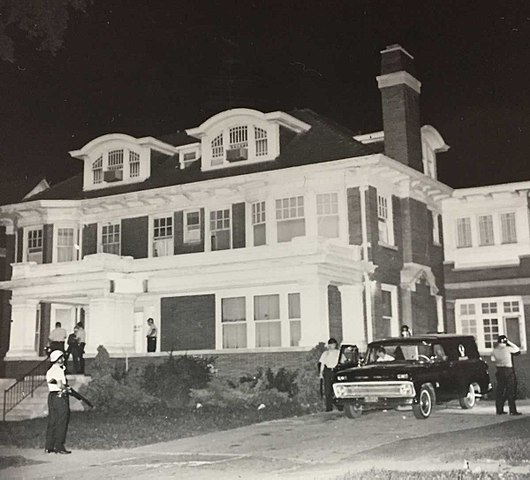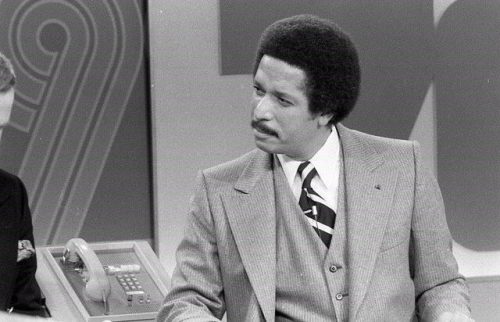This Day In History: July 25th
More than 20 years after experiencing a race riot in the 1940s, residents in Detroit had to re-live the same trauma with the eruption of the 1967 riot. The 1967 Detroit riot left 43 people dead and three of those deaths gained national attention after the Algiers Motel incident took place on July 25 and July 26.
Detroit police officers raided an after-hours drinking place and found a sizeable crowd gathered despite the late hour. Officers began escorting people to the precinct and the crowd continued to grow. As attendees were being taken away, a brick was thrown and shattered the window of a police car. The thrown brick set off a chain of events that would make up the 1967 riot.
Chaos, looting and violence followed for days pushing tensions to a boiling point. A neighborhood quarantine was put in place, but it was an unsuccessful attempt and the Michigan State Police and the National Guard were called to reinforce police and fire units.

Two days into the riot, on the night of July 25, 1967, three African-American teenagers became a focal point in the events taking place. According to reports, Carl Cooper, Michael Clark, Lee Forsythe, Aubrey Pollard and James Sortor were inside the Algiers Motel with Juli Hysell and Karen Malloy. Hysell and Malloy provided witness accounts in which they describe a seemingly normal night until a starter pistol was allegedly pulled out for some of the boys’ entertainment. However, Lee Forsythe disputes claims that the starter pistol was present.
One National Guard officer, Theodore Thomas, was outside of the Algiers Motel and called into the Detroit Police Department saying that he and his men were under fire. The unit fired into the motel and more officers arrived at the scene, including Detroit Police Department patrolmen David Senak, Ronald August and Robert Paille.
These officers led the charge into the motel and were involved in the murders of Carl Cooper, Aubrey Pollard and Fred Temple. Cooper and Temple were killed first during the Mayhem and as the night progressed, officers began to take individual witnesses to rooms for questioning. August took 19-year-old Pollard into a third room where he was shot.
The officers covered up the murders in the days that followed and the deaths were only reported due to a clerk at the Algiers Motel calling the morgue to report three bodies. The families of the three deceased teenagers filed a civil rights complaint with the Department of Justice and charges were brought against the officers in 1970. An all-white jury acquitted them of the charges. The city of Detroit later paid out small settlements to the families of victims after they filed civil lawsuits. The incident has since been documented in the 1968 expose, The Algiers Motel Incident and the 2017 film, Detroit.








